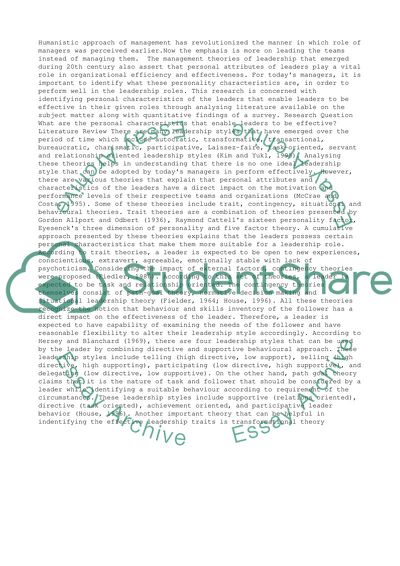Cite this document
(“Personal characteristics that enable leaders to be effective Essay”, n.d.)
Personal characteristics that enable leaders to be effective Essay. Retrieved from https://studentshare.org/business/1477682-personal-characteristics-that-enable-leaders-to-be-effective
Personal characteristics that enable leaders to be effective Essay. Retrieved from https://studentshare.org/business/1477682-personal-characteristics-that-enable-leaders-to-be-effective
(Personal Characteristics That Enable Leaders to Be Effective Essay)
Personal Characteristics That Enable Leaders to Be Effective Essay. https://studentshare.org/business/1477682-personal-characteristics-that-enable-leaders-to-be-effective.
Personal Characteristics That Enable Leaders to Be Effective Essay. https://studentshare.org/business/1477682-personal-characteristics-that-enable-leaders-to-be-effective.
“Personal Characteristics That Enable Leaders to Be Effective Essay”, n.d. https://studentshare.org/business/1477682-personal-characteristics-that-enable-leaders-to-be-effective.


